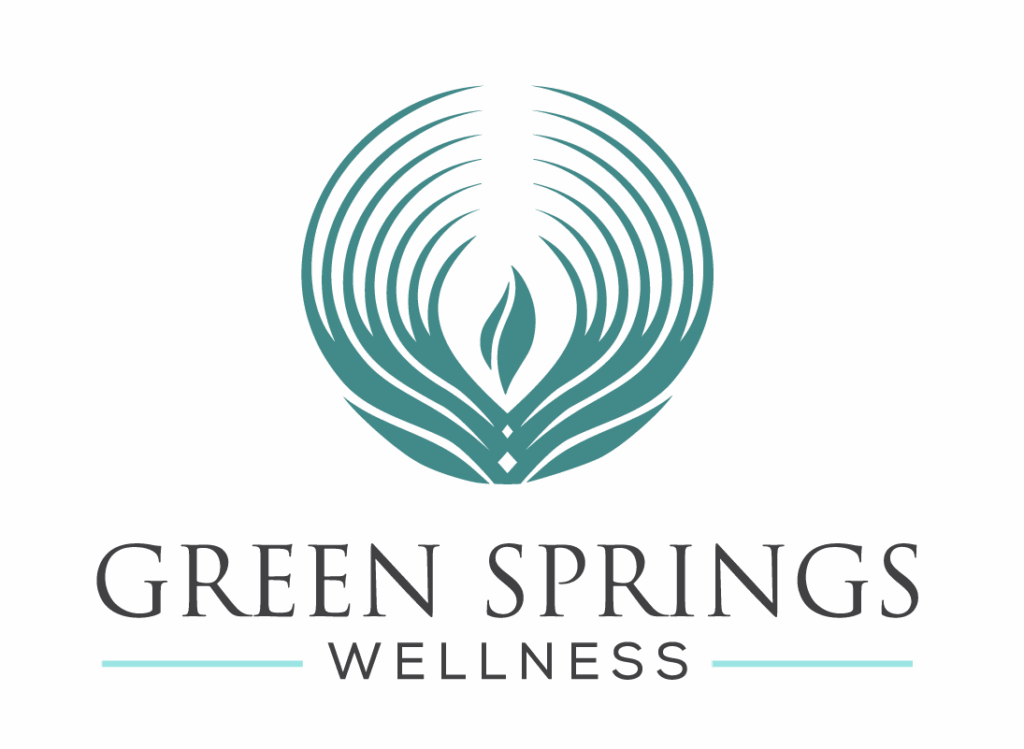Addiction Therapy in Hillsborough, NJ
Introduction to Addiction
Addiction is a complex and multifaceted condition that affects individuals biologically, psychologically, socially, and spiritually. Over time, professionals have developed various models to better understand and treat addiction. These models reflect differing beliefs about the causes of addiction and inform a wide range of treatment strategies. By understanding the nature of substance abuse and dependency, the progression of addiction, we can more effectively address the needs of those struggling with addiction.



Definition and Nature of Addiction
Substance abuse, or addiction, is often defined as the overindulgence in and dependence on toxic, mood-altering chemicals that adversely impact the body, mind, and spirit. Addiction is generally characterized by continued use despite negative consequences, while dependence refers to a state where the body and/or mind become accustomed to a substance, leading to physical withdrawal symptoms and/or psychological cravings when use is stopped. The progression from experimental use to dependence varies from person to person. Some individuals may move rapidly through the stages of misuse, while others experience a more gradual descent. Nevertheless, the impact is consistently significant—affecting not only the addicted individual, but also their families, communities, and society at large.
Models of Treatment
Understanding the different models of addiction treatment provides a comprehensive framework for addressing substance use disorders. Each model reflects unique perspectives on the causes and nature of addiction, offering varying approaches to treatment and recovery. By examining the disease, moral, psychological, social education, and social learning models, professionals can better tailor interventions to meet the needs of individuals based on their specific backgrounds, beliefs, and circumstances. The following sections explore these models in detail and highlight their defining characteristics.
The disease model for alcoholism was originally proposed by Jellinek in 1946. By 1966, the American Medical Association (AMA) began referring to alcoholism as a disease. It views addiction as a chronic, progressive, and potentially irreversible medical condition. According to the disease model, addiction alters brain chemistry and behavior, impairing the individual’s ability to control substance use. Treatments often include medical and therapeutic interventions, such as detoxification, medication-assisted treatment (MAT), and long-term support through programs like AA. Although it remains controversial, the model legitimized addiction as a condition needing clinical care, not moral judgment.
In this model, addiction is viewed as a moral failing or weakness of character. It emphasizes individual responsibility and choice. Addiction is often seen as a sin or a criminal behavior, with little to no sympathy offered to those who struggle with chronic substance use. The moral model assumes that people who possess moral strength and religious conviction can overcome addiction. Programs like Alcoholics Anonymous (AA), which stress spiritual belief and moral accountability, align with this perspective, although this model is not considered therapeutic in a clinical sense.
This model emphasizes that psychological or emotional issues—not biology—are the root causes of substance use. Addiction is seen as a learned behavior and a result of personality defects such as poor impulse control, low self-esteem, or a need for control. Treatments focus on addressing underlying psychological issues and improving coping mechanisms through therapies such as cognitive-behavioral therapy (CBT), individual counseling, and skills training. Dr. Richard Solomon’s opponent-process theory further explains how addiction develops through the pairing of pleasure and withdrawal symptoms over time.
This model focuses on how environmental and social factors contribute to the development of addiction. It argues that addiction is learned through socialization, modeling, and reinforcement within families, peer groups, and communities. Treatments in this model often involve community-based interventions, environmental changes (such as public smoking bans), and support systems that reduce stress and improve social functioning. Prevention strategies are also emphasized, particularly for at-risk youth.
Developed by Albert Bandura, the Social Learning Theory highlights how individuals learn behaviors through observation, imitation, and reinforcement. Substance use is influenced by an individual’s expectations, social environment, and role models. Treatments rooted in this model include coping skills training, role-playing, and exposure therapy. Therapists often use modeling techniques to teach healthier behaviors and replace substance use with more adaptive coping strategies.



Different Addiction Models
Each model of addiction offers a unique lens through which we can understand and treat substance use disorders:
Focuses on spiritual and personal responsibility. Treatment involves moral reformation through religious or spiritual guidance, often with limited clinical support.
Treats addiction as a medical condition. Treatment includes detox, medication-assisted therapy, and 12-step programs focused on lifelong recovery.
Views addiction as rooted in mental and emotional dysfunction. Treatment includes behavioral therapy, psychotherapy, and building emotional resilience.
Emphasizes environmental influences and socialization. Treatment involves community-based programs, family therapy, and public policy interventions.
Highlights observational learning and reinforcement. Treatment includes cognitive-behavioral approaches, coping skills training, and modeling positive behavior.
Together, these models reveal that addiction is a multifaceted condition requiring a range of personalized, integrated treatment strategies. A combination of biological, psychological, social, and moral elements can influence both the development of addiction and the path to recovery.
Stories of Recovery
"I came to Green Springs Wellness Center during one of the hardest times in my life. The staff treated me with compassion, patience, and genuine care. The therapists were incredible—helping me understand my mental health and teaching me tools I still use every day. The environment is peaceful and private, which made it easy to open up and focus on myself. I can honestly say Green Springs gave me a new outlook on life."
"From my very first call, I knew Green Springs was different. The intake coordinator made the process easy and stress-free, and once I started my program, every therapist and staff member made me feel valued and heard. They truly go above and beyond to meet each client’s needs. I’ve made more progress here in a few months than I did in years of other programs."
"Green Springs Wellness Center offers the perfect balance of clinical excellence and human connection. The facility is beautiful and calming, and every group and session felt meaningful. They didn’t just help me manage my symptoms—they helped me rebuild my confidence and reconnect with who I am. I’d recommend Green Springs to anyone looking for real, lasting healing in a supportive setting."
How to Reach Us
Location
390 Amwell Rd, Hillsborough, NJ 08844






